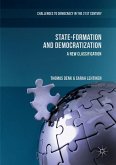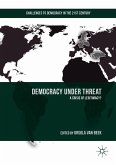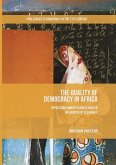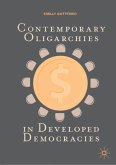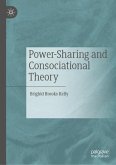This book examines the connection between two major developments in the world: state-formation and democratization. Since 1946, the number of states has increased from 66 to almost 200 independent states, but our knowledge of these state-formation processes is limited. The authors present a new database on state-formation and democratization, which enables novel classifications and analyses of these processes on the global level. They argue that the form of state-formation affects the probability for democratization in new states and that the initial regime that state-formation establishes at the time of independence has long-term effects on new states' democratization.
"The book by Denk and Lehtinen is a new approach to the relation between state formation and democratization. It provides a well-designed argument to support a thesis that both analysed processes are linked, and utilizes clearly triangulated methods to show it. Many scholars will appreciate the study for its clarity and consistency - a valuable point of departure especially for more contextual and dynamic analyses of fundamental political processes in the times of global flux." (Krzysztof Kasianiuk, Democratization, Vol. 27 (2), 2020)


